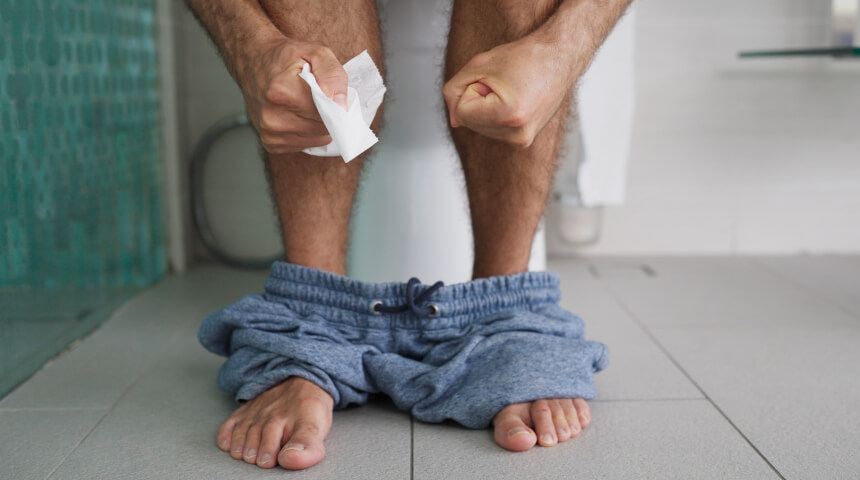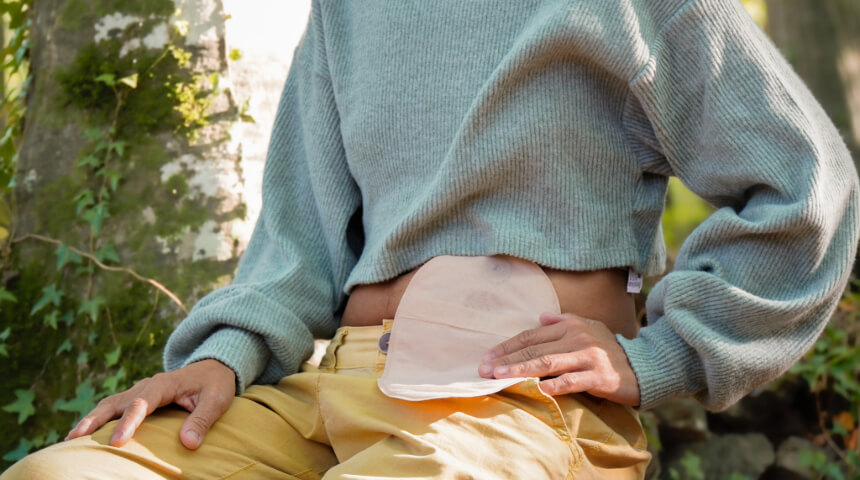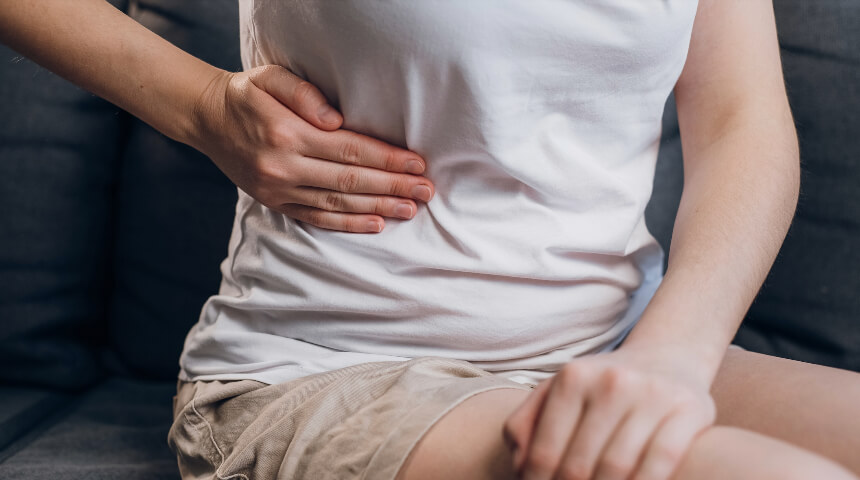You might limit the amount of fat you eat to avoid gaining weight. But dietary fat has a profound effect on your digestive health, too.
Fat does a number of things for the gastrointestinal (GI) tract — some good, some bad. Understanding the effects of fat on the GI tract and knowing how to spot the signs that you’re eating too much can help your GI tract function properly.
How Too Much Fat Affects Your Health
One of the main health problems associated with too much fat in the GI tract is nonalcoholic fatty liver disease (NAFLD), which can develop when fat builds up in your liver. People with NAFLD may experience inflammation and liver cell damage that can cause scarring called cirrhosis, and eventually lead to liver failure.
Too much fat in the digestive tract can also cause digestive problems like diarrhea, which happens when unabsorbed fat collects in the small intestines and colon, where water is pulled in and creates diarrhea. If it becomes chronic, diarrhea can lead to malnutrition because the body can’t absorb the nutrients it needs.
People with diabetes and other metabolic problems also are prone to fatty buildup in the liver. Because their bodies can’t metabolize sugar, the sugar is converted to fat.
Some Fat Is Good for You
Just as eating too much fat can cause health problems, so can eating too little. Vitamins A, D, E and K are fat-soluble, meaning they can only be absorbed along with fat. This is why people who have undergone surgeries to remove part of their intestines, or who have pancreas problems that prevent them from breaking down fat properly, may be malnourished. Their bodies aren’t getting enough of the fat needed to absorb fat-soluble vitamins.
The lining of the intestines and the colon also need certain fatty acids, the building blocks of fat in our bodies, to maintain integrity and stay healthy. Damage to this lining can lead to an inflammation of the lining cells called diversion colitis. This can happen in people who have ostomies where the intestine is diverted to the skin and drains in a bag.
Signs You’re Eating Too Much Fat
With the rise in popularity of high-fat, low-carbohydrates eating plans like the keto diet, some people may be getting a large portion of calories from fat. While some recent studies show promising results with a very low carbohydrate, high fat ketogenic diet in terms of weight loss and associated benefits, it can lead to complications like electrolyte disturbances, nausea, vomiting and diarrhea. People with severe liver problems or kidney issues should not try this diet. Signs your GI tract is overloaded with fat include:
● Bloating and gas. Fat is hard for the body to break down, so too much of it can cause digestive distress.
● Loose stools. Excess fat can cause the colon to overproduce liquid, potentially leading to loose stools.
● Fatigue. The energy required to break down high amounts of fat can leave the rest of your body lacking, causing you to feel sluggish and tired.
Moderation Is Key
As with most things in life, moderation is key to healthy fat intake. Exercise is important, too, since it helps your body burn fat instead of depositing it in your liver. If you’re concerned that your fat intake is too high (or too low), it’s worth asking your healthcare provider for advice on how to balance your diet.
Choose to Stay in Touch
Sign up to receive the latest health news and trends, wellness & prevention tips, and much more from Orlando Health.
Sign Up










